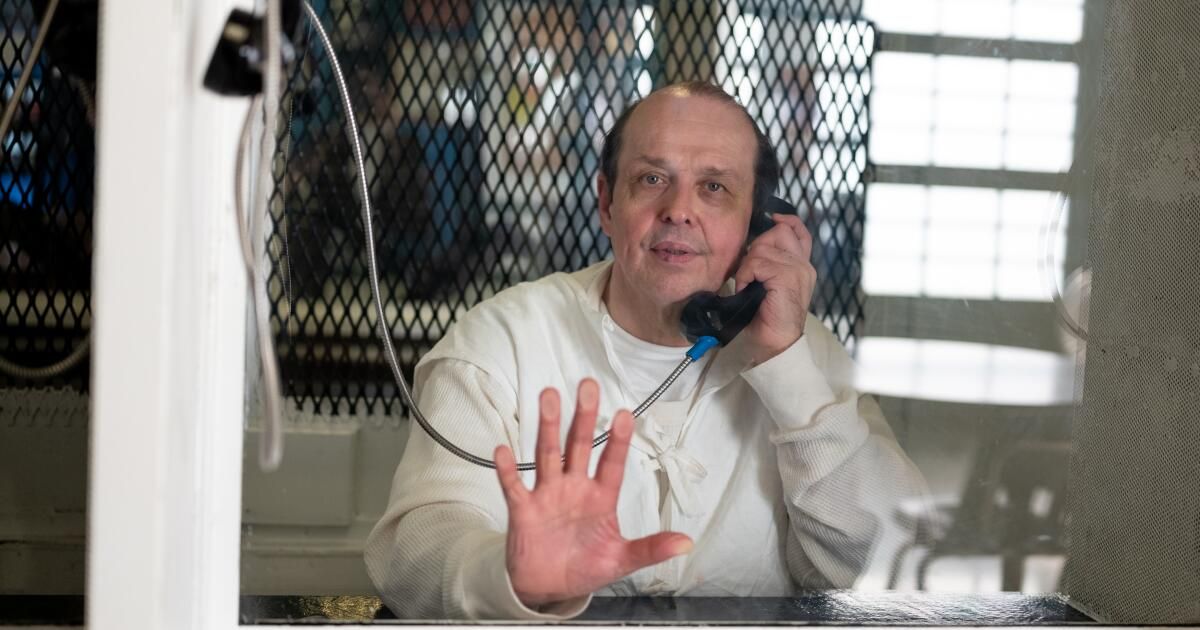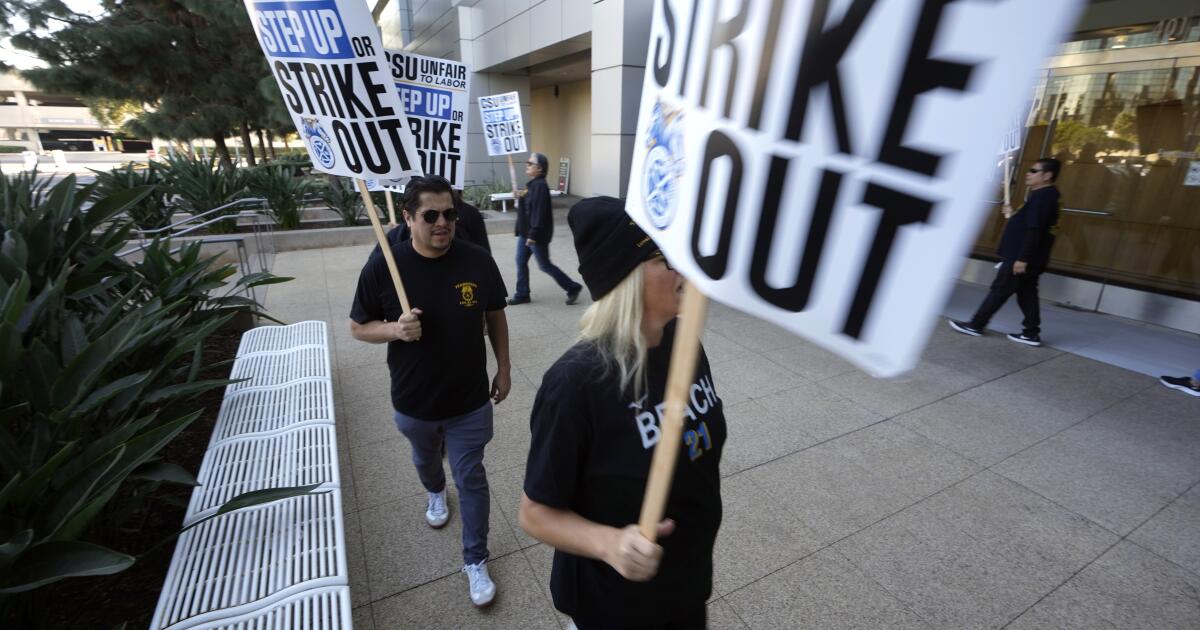Robert Roberson's execution in Texas remains on track for Thursday, despite serious doubts that he killed or even abused his two-year-old daughter in 2002.
Prosecutors and medical experts insisted at trial that the girl's head trauma was evidence that Roberson had physically abused her. But now the detective who testified against him says he believes Roberson is innocent, and a number of doctors argue that the diagnosis of “shaken baby syndrome,” which was standard medical doctrine at the time and a key to Roberson's conviction Roberson, it's junk science and unreliable. evidence of abuse.
The theory is so discredited that the Texas Court of Criminal Appeals on October 9 overturned the conviction of another man, Andrew Roark, 25 years after he was found to have injured his girlfriend's son by shaking him forcefully. A jury today is unlikely to accept the shaken baby argument in Roark's case, the court said.
But Texas still plans to execute Roberson this week.
There can be no greater perversion of justice than executing a person when there are serious doubts that he or she has committed a crime. Laws, courts, prosecutors, witnesses and juries are all part of a system painstakingly crafted over centuries to uncover the truth and deliver justice. But as in Roberson's case, the judicial system sometimes seems more concerned with maintaining a belief in its own infallibility.
The case is not isolated. On the same day that the Texas court overturned Roark's conviction, the U.S. Supreme Court heard arguments in the case of Richard Glossip, who is sentenced to death in Oklahoma despite serious doubts about his guilt. Everyone agrees that another man, Justin Sneed, murdered Barry Van Treese in 1997 and agreed to testify against Glossip to avoid the death penalty. Judges must consider whether prosecutors tainted the conviction by not disclosing that Sneed was being treated for a serious psychiatric illness and lying about it.
During arguments, Justice Clarence Thomas repeatedly expressed concern that the attempt to potentially reveal Glossip's innocence and spare his life was undermining justice, because exposing misconduct or error could impugn the integrity of prosecutors.
If a thousand years from now scientists of the future were to examine early 21st-century American civilization, as anthropologists today study the Aztec Empire and other societies that ritually killed, they could reasonably theorize that executions were part of the liturgy of democratic elections.
It would be a reasonable connection given that in the months before and after the 2020 presidential election, the federal government executed 13 people from the summer until the election and after the January 6 attack on the Capitol (which included a makeshift hanging). perhaps appointed to the vice president) until shortly before the inauguration.
And anthropologists would see another series of executions, this time in red states, in the weeks leading up to the 2024 elections (although, in fact, executions are proceeding in some states at a steady pace).
In addition to Roberson in Texas, Derrick Dearman is scheduled to die Thursday in Alabama, although his execution has drawn less attention because there is no serious evidence of his innocence. It's just another state murder.
And on Nov. 1, four days before the election, Richard Bernard Moore is scheduled to die in South Carolina (the same state ended its 13-year execution hiatus a month ago by killing Freddie Owens). Moore has until Friday to decide whether he will die by lethal injection, execution or shooting.
Anthropologists are extremely unlikely to find evidence that election-season ritual killings protected us from whatever evil we feared. Instead, they may discover that our stubborn embrace of junk science, like shaken baby syndrome, to ensure conviction and execution, and the courts' reluctance to acknowledge error, poisoned our faith in our justice system and made it worse. they knocked down.
They can find a link between the disregard for the truth in criminal justice matters and a similar phenomenon in our elections, where real results are threatened by a candidate's willingness to seriously lie about them.
It would be interesting to know how a future society will compare us to other nations that also dispense false justice in the form of capital punishment. For example, several weeks ago Japanese officials admitted misconduct in the case of Iwao Hakamada, now 88, convicted of a quadruple murder and sentenced to death in 1968.
The evidence against him was false, as authorities eventually acknowledged, and he was acquitted last month. They stole his life and destroyed his mental health. But at least his exoneration came during his lifetime.
Thank goodness, anthropologists can say, that besides Japan and the United States, most other wealthy, civilized, law-abiding nations of the time preserved freedom, public safety, and confidence in the institutions of justice without never put human beings, whether guilty or innocent, in danger. , until death.












